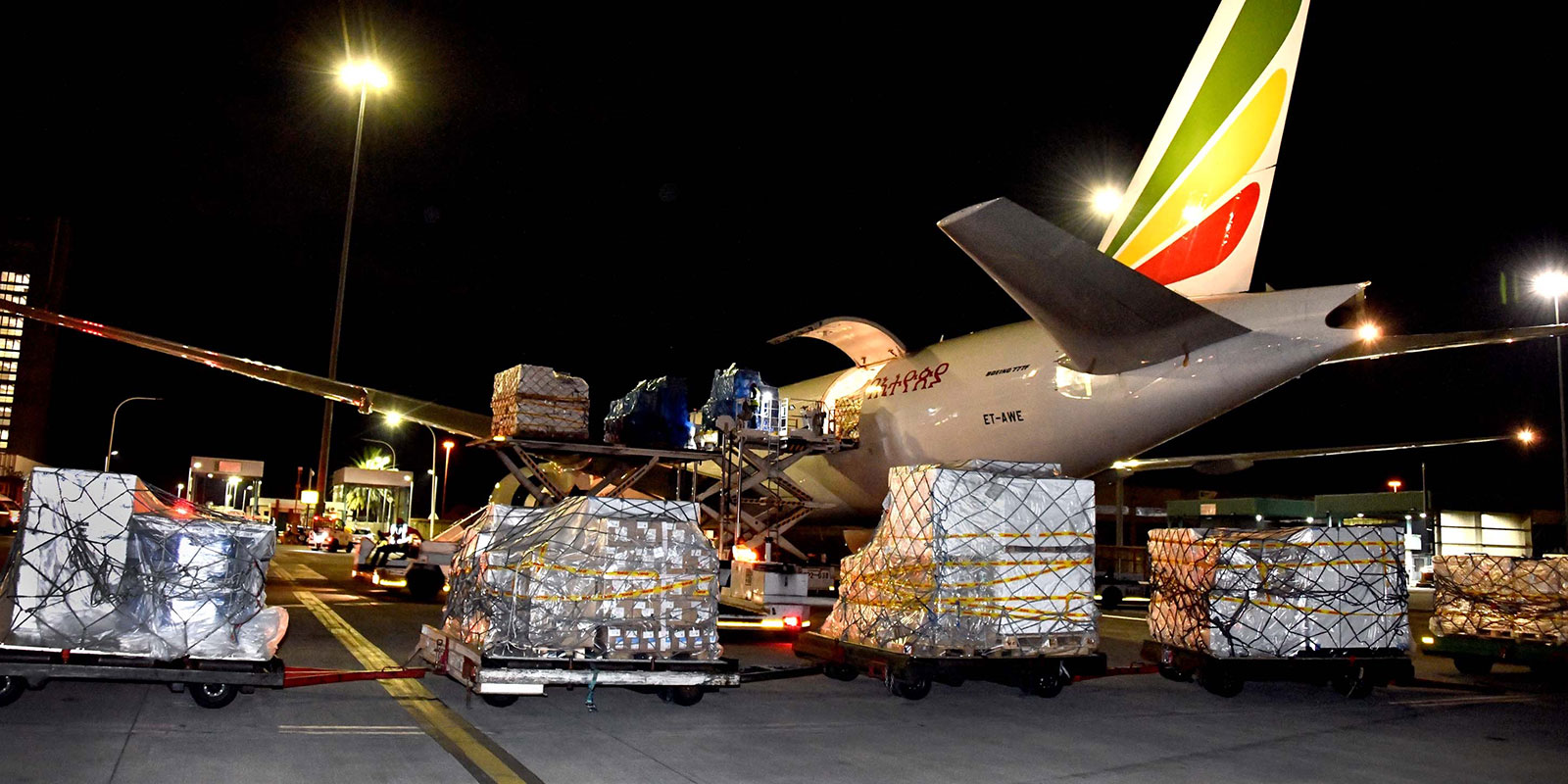This trend began with Pfizer and its German partner, BioNTech, announcing the development of a vaccine showing 90% effectiveness from a double injection spaced 21 days apart. However, the Pfizer product has unique challenges with storage and distribution, requiring special facilities at -75⁰ Celsius (-103⁰ Fahrenheit). This makes it unique among vaccines, and no doctors’ offices or pharmacies have facilities that can freeze to that low temperature.
Three potential COVID-19 vaccines, with promising clinical trial results, have been announced in the US, Europe and Russia, leaving Africa isolated and marginalised @MartinRupiya
Tweet
The Pfizer announcement was almost immediately followed by the Russian Sputnik V vaccine, developed by the Gamaley Scientific Research Institute of Epidemiology and Microbiology, supported by the country’s Sovereign Wealth Fund and defence ministry, registering a reported 92% success rate and set to enter into the fourth and final research phase.
Finally, on 16 November 2020, Moderna, a US-based pharmaceutical company to which the US government has already contributed a significant investment, also announced results of a vaccine with a commendable 94.5% effectiveness. More significantly, compared to Pfizer, Moderna’s product requires a storage temperature of only 20⁰ Celsius (4⁰ Fahrenheit) and is able to survive in a standard refrigerator for 30 days.
From what we know, both the Pfizer and Moderna COVID-19 vaccines rely on a new technique called synthetic messenger RNA, which activates the immune system against the COVID-19 virus.
The deep pockets required for the vaccine research, as indicated in the funding structure of the COVID-19 research, are significant and extensive. In the rush to access a COVID-19 vaccine, more affluent countries have invested heavily in vaccine development, partly by agreeing to purchase most of the available doses. For example, in reaction to the scheduled 1.3 billion vaccine doses deliverable from Pfizer, the US, United Kingdom (UK), European Union (EU), Canada and Japan have acquired 1.1 billion, leaving a miniscule 200 million doses available to the rest of the world. In the case of Sputnik V, Israel has entered into urgent talks with President Vladimir Putin to acquire and even enter into joint production of the vaccine, using facilities in Israel.
Africa is pursuing a three-pronged strategy to access vaccines, including partnership in the #COVAX COVID-19 Vaccines Global Access Facility @MartinRupiya
Tweet
Africa is pursuing a three-pronged strategy towards accessing and making available the much-needed vaccines. The first strand focuses on partnership, alongside 184 countries, in the COVID-19 Vaccines Global Access Facility (COVAX). COVAX has an estimated budget of USD$35 billion for acquiring 2 billion vaccines, broken down into 245 million treatments and 500 million tests in member countries. This initiative seeks to make it possible for people everywhere to access vaccines as they become available.
Second, African states are engaging on a bilateral level, negotiating with China and Canada to secure stock. Finally, it has also emerged that there are countries – such as Botswana, Namibia and South Africa – that are classified as upper-middle income, and which therefore do not qualify for free access to the vaccine distributed by COVAX. Botswana, for example, has entered into an arrangement with COVAX, facilitated by the World Health Organization (WHO), which involves a pre-prepayment for 940 800 doses of a vaccine, which would enable the country to vaccinate approximately 20% of its population.
Where do these global COVID-19 vaccine politics leave Africa? The Pfizer product is unsuitable for most of Africa, because of its cold-storage requirement. The Moderna vaccine production capacity is likely to be wholly used within the US at first. The COVAX initiative seems to be most promising for Africa, but the arrangement seems unwieldy and complex, and the initiative does not yet have access to a vaccine. The implications are that it may take at least one or more years before a vaccine becomes readily available in Africa, and that we therefore have to prepare ourselves to coexist with COVID-19 for at least another approximately 12 months.
Professor Martin Rupiya is manager: Innovation and Training at ACCORD.

